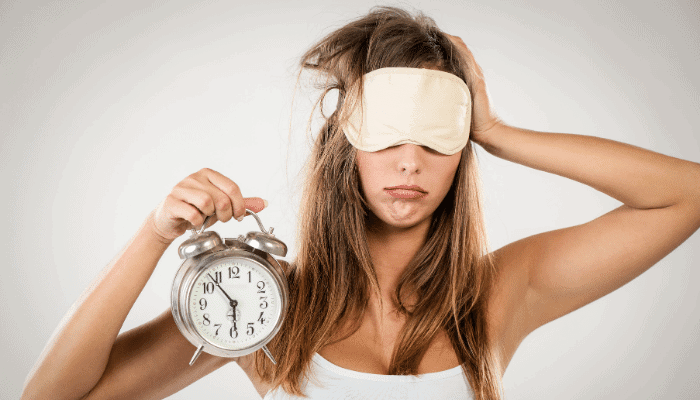Insomnia is a sleep disorder that many people face. It is usually a result of stress and fatigue. When either your body or mind is exhausted, it becomes extremely hard to sleep. There are also people who are sleepy all the time but when they go to bed, they are not able to sleep.
Suffering from insomnia results in difficulty sleeping at night, depression, anxiety, not able to rest well, and waking up in the middle of the night.
Insomnia is of two types: acute and chronic. The former refers to when you are not able to sleep well for a short period of time. It can be for one night or a week. The latter is a long-term disorder. It lasts for about more than a month.
Before dwelling on the treatment part, you should know about the factors, in detail, responsible for Insomnia.
Key Factors Responsible
- Stress
Stress is the root cause of many health problems. Also, it is one of the causes as well as one of the results of Insomnia. Stress can be of anything; school, college, job, or family. It causes you both physical and emotional pain due to which it becomes hard to sleep.
- Travel
When you travel, your body tends to get exhausted. As a result, it gets hard to make your body relax. When your body’s circadian rhythm gets disturbed, you are not able to get sound sleep.
- Physical Pain
Having physical pain in your body can lead you to insomnia. Pain causes restlessness in your body due to which it gets harder to sleep at night.
- Bad Sleeping Habits
Your irregular time affects your sleep a lot. Also, if you are working instead of sleeping at bedtime then your sleep gets hindered. You might not be able to sleep after that.
Tips for Treatment
- Therapy
For the treatment of insomnia, you can consult a doctor. You may need sessions relating to behavioral therapy. This helps to cure your bad sleeping habits. Also, experts on My Village Green provide you nutritional medication as well as consultation. In case, you have health problems, then you’ll have to first get treatment for that.
- Avoid Taking Caffeine
Caffeine should be avoided at bedtime. It stimulates your brain which keeps your mind alert. Due to this, you are not able to sleep at night.
- Relaxation
Use the technique of relaxation before bedtime. It involves exercises to relax your breathing, muscle tension, and mood. This also helps in reducing your anxiety so that you get better sleep.
- Give Rest to your Eyes
Your eyes need to be relaxed before going to bed. So, try not to watch T.V. or mobile before going to sleep. This keeps your mind awake. Therefore, give rest to your eyes as much as you can at sleep time.
These are some of the best ways to treat your insomnia. Your sleep gets affected because of many reasons. So, try to follow the above-mentioned tips and bring a change in your sleeping habits.
The Editorial Team at Healthcare Business Today is made up of skilled healthcare writers and experts, led by our managing editor, Daniel Casciato, who has over 25 years of experience in healthcare writing. Since 1998, we have produced compelling and informative content for numerous publications, establishing ourselves as a trusted resource for health and wellness information. We offer readers access to fresh health, medicine, science, and technology developments and the latest in patient news, emphasizing how these developments affect our lives.








